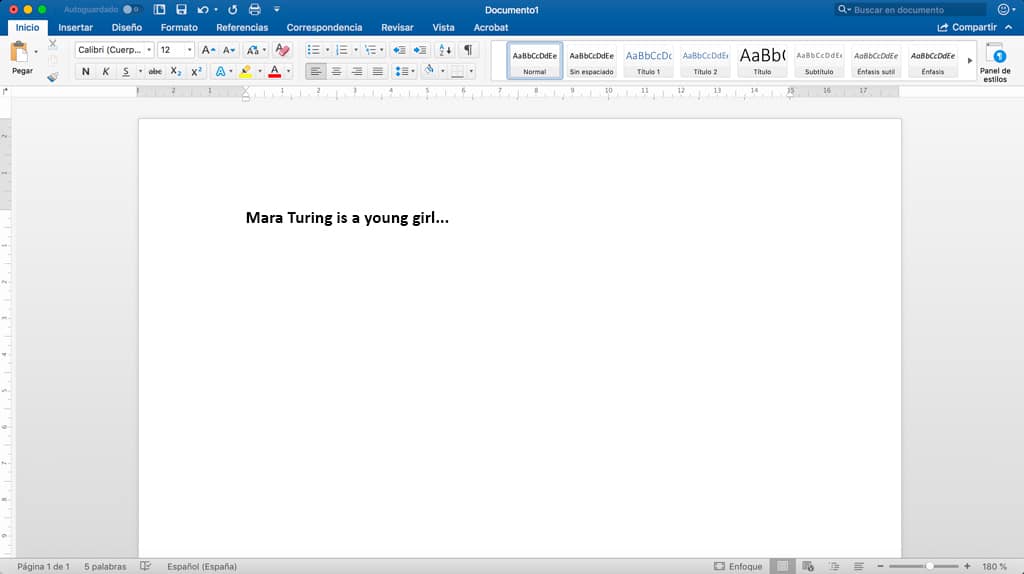While writing my book, I often pondered on how to define it. As a marketing and communication professional —or so I believe—, it’s important to know who your target audience is and what factors can sway a potential customer to choose your solution over another.
In my case, I aimed for this true story (there’s no doubt that all of this is real…), to reach curious and restless young people, and of course, their parents. That led me to devise a strategy for the internet, another for the physical world, and so forth.
To bring a book to market, it’s crucial to have clarity on the first step: crafting a perfect description. It serves to define what your book is and who it’s for. Reading this article on how to write a good ad teaches several interesting things (I quote verbatim the points to consider):
- Introduce the main characters.
- Set up the scene of conflict.
- Establish what’s at stake.
- Show the reader why this book is for them.
Seems easy, right? Well, it’s not.
Tools to define your book
Once I finished the final draft of Mara Turing. Rise of the Hackers, I set out to create a perfect synopsis. I searched the internet for the approximate word count it should have, the tone, the language… and I read many descriptions. Many.
With all that in mind, I opened Word. The first words were clear to me: “Mara Turing…”. From there, an abyss of uncertainty opened up. Being the author who has woven together the more than 70,000 words that make up this book doesn’t make me the right person to write the description in the best possible way. It’s not about knowing your work well, but about defining it clearly, concisely, and accurately so that someone passes by a shelf and thinks, “This is what I’ve been looking for!”
After spending many minutes in front of the blank page, erasing, writing, erasing… I managed to put together the following description:
Mara Turing receives a mysterious message just as she’s about to start her summer vacation in New York: ‘I need your help.’ The enigmatic plea comes from her uncle —a member of the dangerous hacker group Dirtee Loopers—, who disappeared without a trace when she was just five years old, leaving a great void in the young girl that has marked her childhood.
The journey to find her uncle, Arnold Turing, will lead Mara and her friends to learn programming in a garage, to see the world with critical eyes, and to confront the diabolical duo formed by Hermes, a highly advanced artificial intelligence, and Falko McKinnon, the most dangerous hacker in history who is serving a sentence in The Hidden Mountain.
Let me tell you a bit about how I wrote this.
First, I chose the main characters. It’s not that Alex Marley or Sandra Hopper aren’t important to the plot. They are, but they’re not essential in this case.
Next, I chose the event that triggers Mara’s journey, something that motivates her —and why she feels empty—, the place she’s heading to, and made it clear that there’s an adventure where they must fight against some very bad villains. I’ve highlighted in bold the most relevant words or expressions to facilitate their identification.
What was I missing? The reason why I think potential buyers and/or readers might find my book appealing: Mara Turing learns programming, fights against hackers, and gets to see the world differently. That’s what I want to happen! (We’ll see if it does…).
If a young person approaches the story, they’ll see an entertaining plot that will help them see the world differently and consider hacking and programming as useful occupations/professions for themselves and the world. My ideal goal is for anyone who reads the book to want to become a good hacker.
If an adult sees this work on a shelf —or browsing Amazon— I want them to consider it a very useful potential gift to show young people the importance of knowing how to program in the world we’re heading towards.
Conclusion
In the world of marketing, no one remembers how you played the game. No one cares how good your tiki taka is, but rather the number of goals you scored in the opposing goal and your ability to keep your own clean sheet. This is about results (= books sold). Content matters, of course, and how the reader feels while devouring the pages does too; word of mouth remains a very important vehicle when it comes to selling books in the world.
However, I’ve seen works that I found mediocre go far thanks to a successful marketing campaign. That’s why, after focusing a lot on creating a consistent, entertaining, and message-driven story, I decided to devote the same effort to bringing it to market. Let’s hope it works. I’ll keep you posted.

